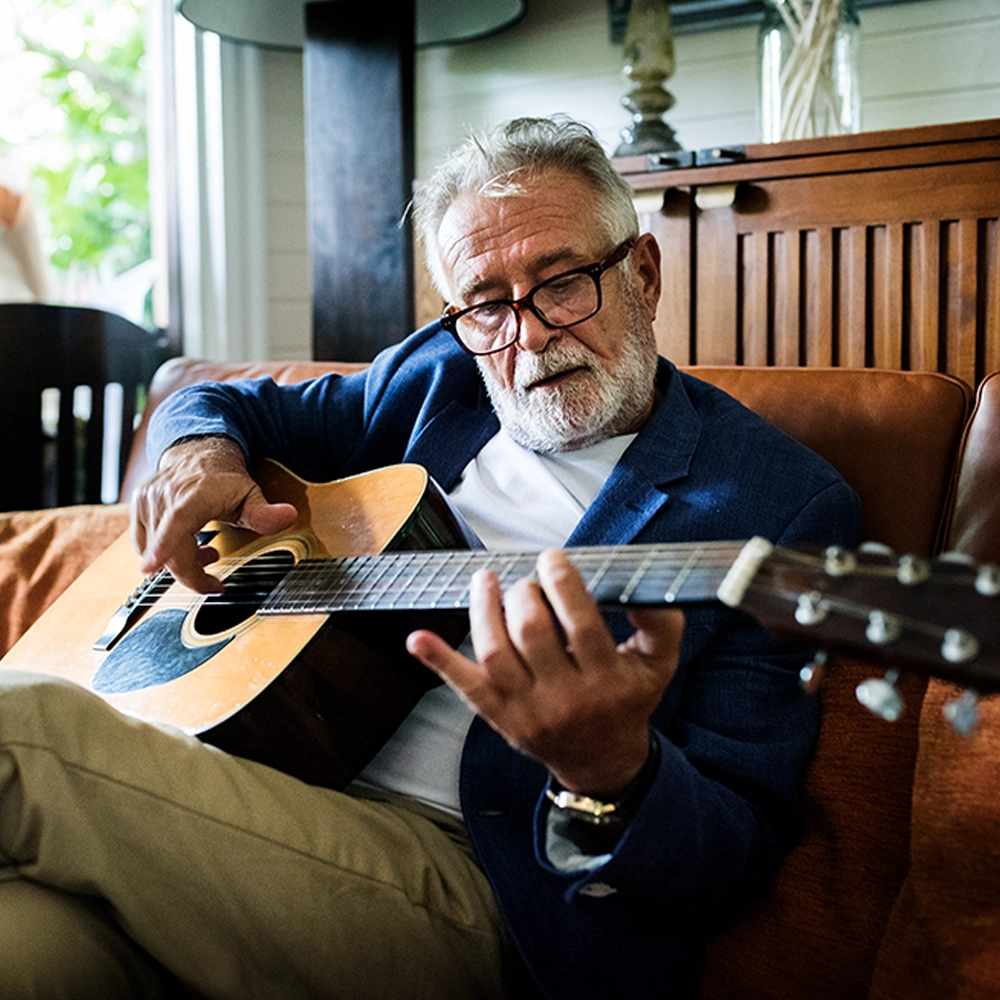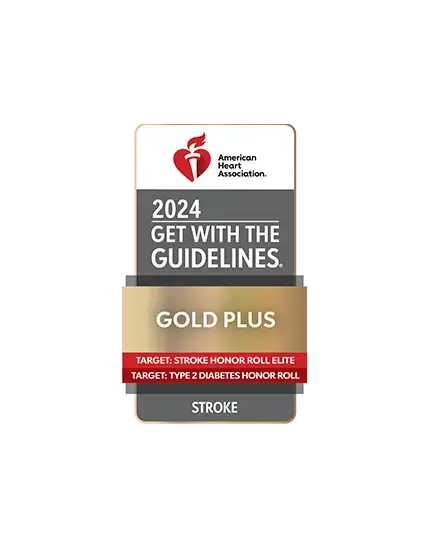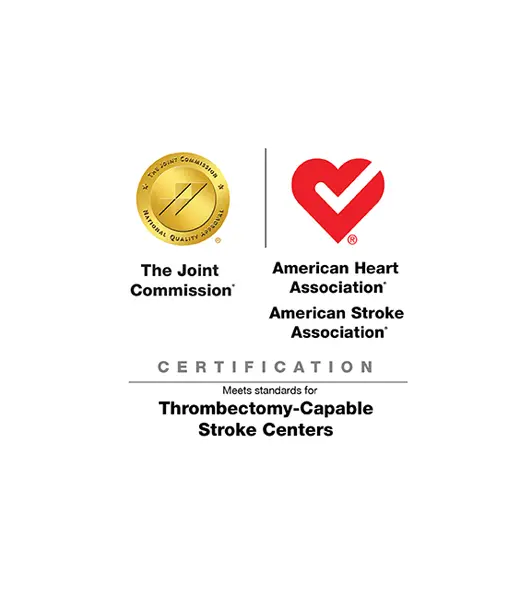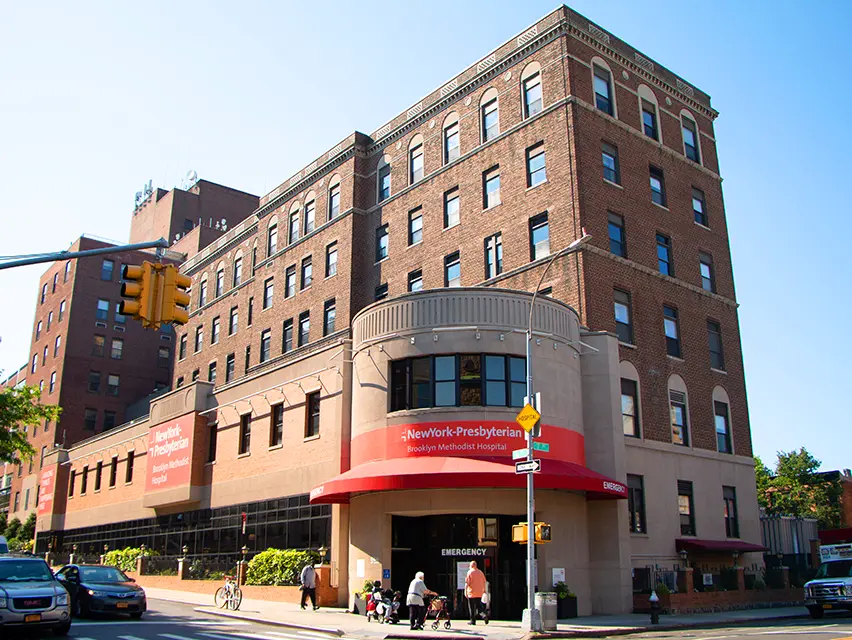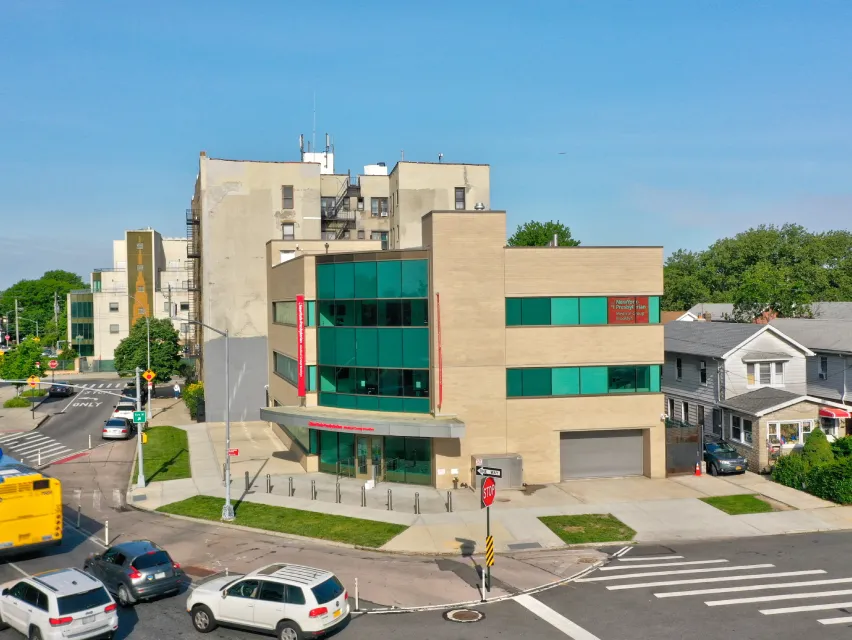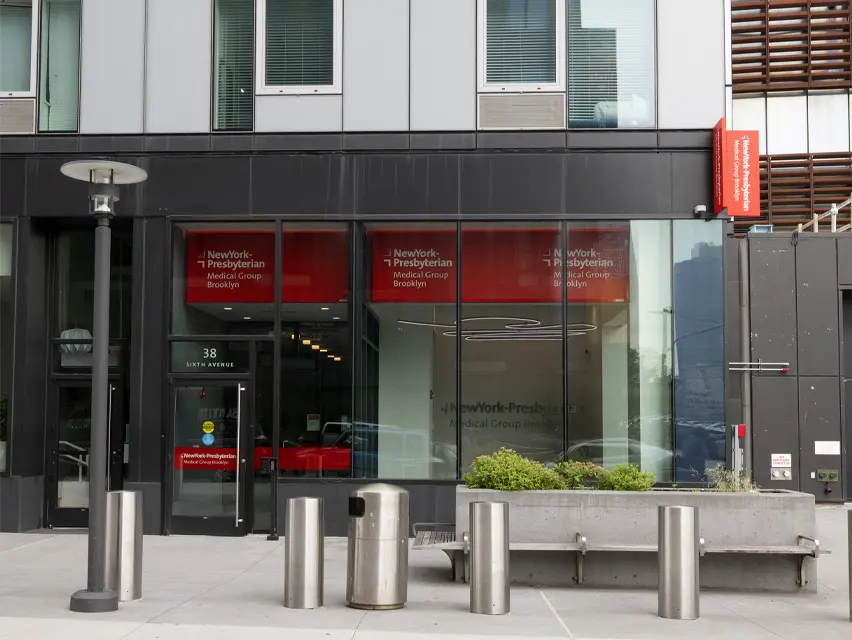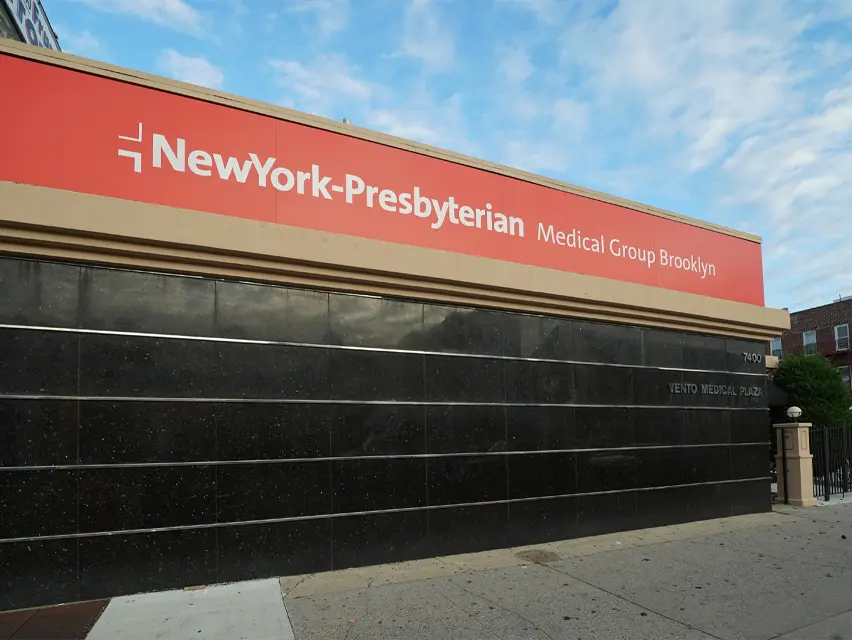The stroke experts at NewYork-Presbyterian Brooklyn Methodist Hospital provide advanced around-the-clock care for people who have suffered an ischemic or hemorrahic stroke. We are designated as a Thrombectomy-Capable Stroke Center by New York State and The Joint Commission, and received the highest levels of recognition from the American Heart Association and the American Stroke Association for our high-quality stroke care. Learn more about our quality measures and outcomes here.
We start rehabilitation as soon as possible, usually within 24 to 48 hours of the stroke, at our dedicated inpatient rehabilitation unit accredited by the Commission on Accreditation of Rehabilitation Facilities. You can also find follow-up neurology care at one of our NewYork-Presbyterian Medical Group Brooklyn locations conveniently located throughout the borough.
It’s crucial to seek prompt treatment at the first sign of a stroke to prevent brain damage and maximize the chance of recovery. If you suspect you or a loved one is having a stroke, call 9-1-1 immediately.
To recognize common signs of a stroke, remember to BE FAST. This phrase represents the following warning signs of a stroke, and reminds you to take action quickly if you notice any of them:
- Balance: If a person suddenly stumbles or loses their balance
- Eyes: Sudden blurred, double, or loss of vision
- Face drooping: Loss of muscle control or numbness on one side of the face, leading to a drooping appearance
- Arms: Inability to fully lift one arm or arm weakness
- Speech: Slurring, trouble speaking, or strange speech
- Time: Time is of the essence when it comes to treating a stroke.




